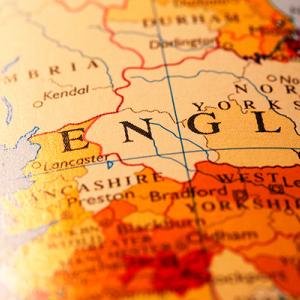Ministers have vowed to reinstate their plans for a benefits cap after the House of Lords amended the proposals yesterday.
Peers backed the revision, tabled by the Bishop of Ripon and Leeds John Packer, to exclude Child Benefit payments from the £500-a-week limit cap by 252 votes to 237.
The vote came after Work and Pensions Secretary Iain Duncan Smith insisted that the limit, which forms part of the Welfare Reform Bill, was ‘quite fair’. He said that the government would reverse the defeat when the Bill returns to the Commons.
Former Liberal Democrat leader Lord Ashdown was among those who voted for the change. He called for the government to make concessions, saying the plans were ‘completely unacceptable’.
The Bishop of Ripon and Leeds John Packer, who sits in the Lords, has put down an amendment that would exclude Child Benefit from the overall cap.
Labour has tabled an amendment to exempt vulnerable individuals and adults with children from the cap if they are considered at risk of becoming homeless.
But Duncan Smith said that the cap would alter the ‘ridiculous system that we have inherited’ which discourages people from working.
The proposals will link the total benefit that unemployed working-age people can receive to the average weekly wage earned by working households, which would set the cap at £26,000 a year.
The cap will apply to the combined income from the main out-of-work benefits – Jobseeker's Allowance, Income Support, and Employment Support Allowance– and other benefits such as Housing Benefit, Child Benefit and Child Tax Credit.
A number of charities have raised concerns about the plans, which the Department for Work and Pensions has said could reduce the incomes of around 67,000 households by 2013/14. This is around 1% of those receiving out-of-work benefits, and would affect 90,000 adults and 220,000 children.
The Child Poverty Action Group has warned that the cap would lead to more child poverty, but Duncan Smith said that he ‘does not believe that you can directly apportion poverty to this particular measure’.
He added: ‘I simply make the point that the purpose of this is not to punish people but it is to give fairness to people who are paying tax, who are commuting large distances because they can only afford to live in the houses that they have chosen.
‘It is also about fairness to those who are on these benefits. It is not fair to trap somebody in an expensive house which they cannot afford.’




















